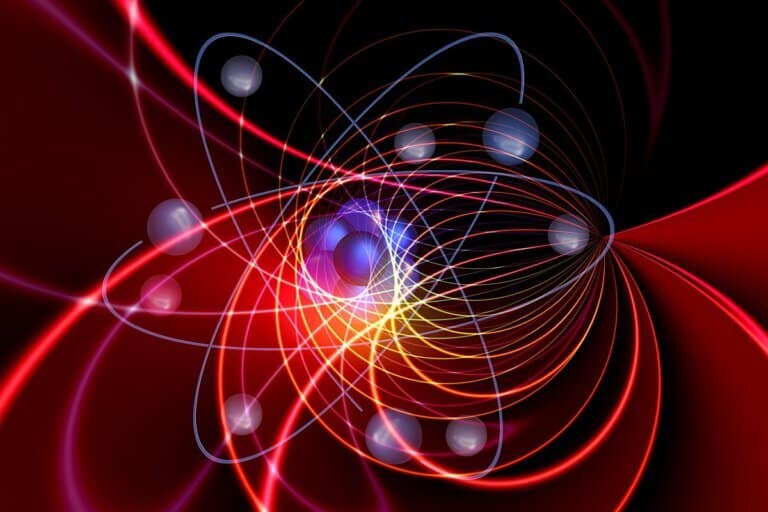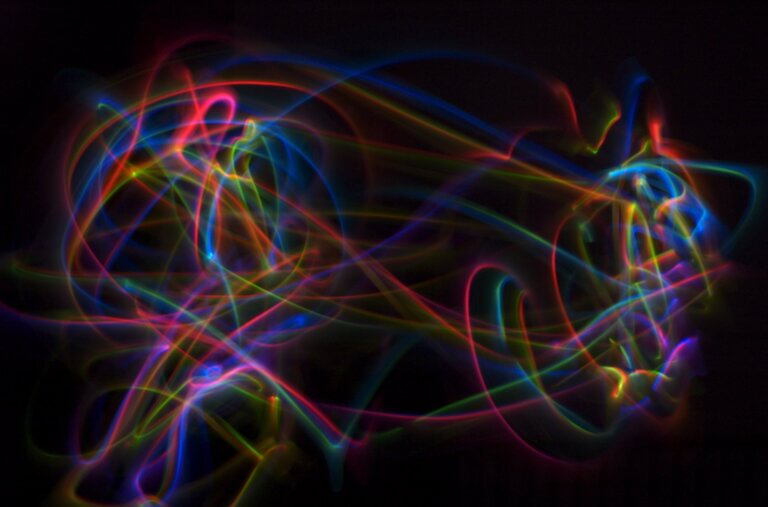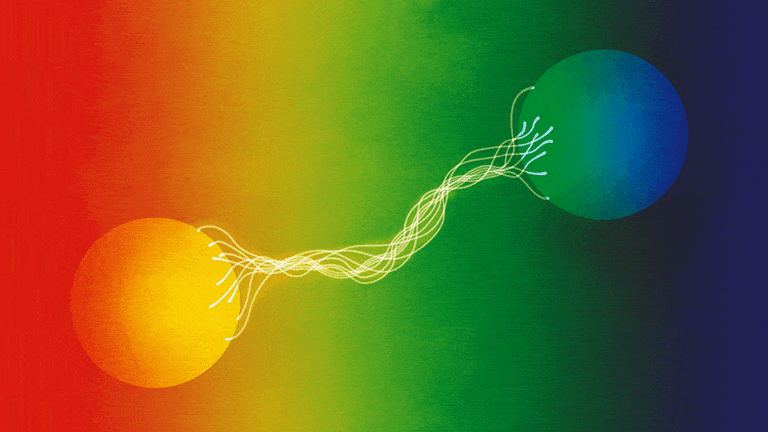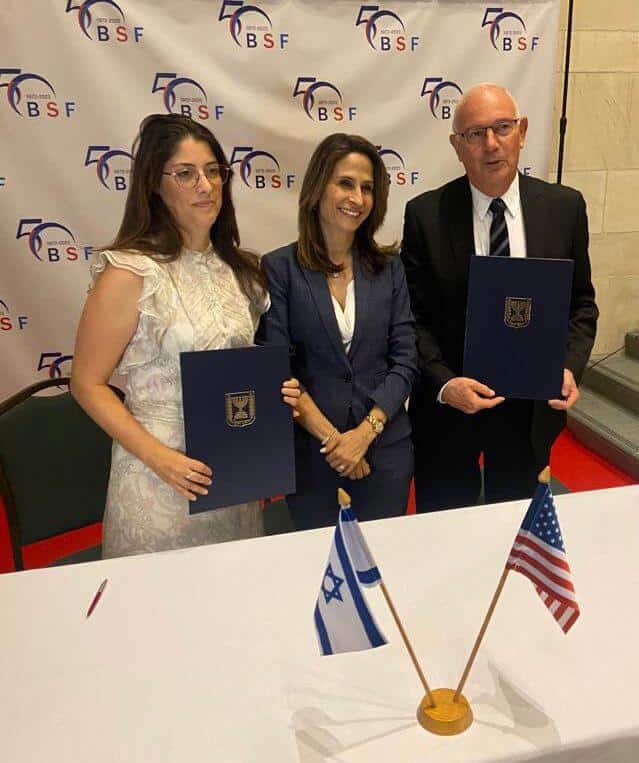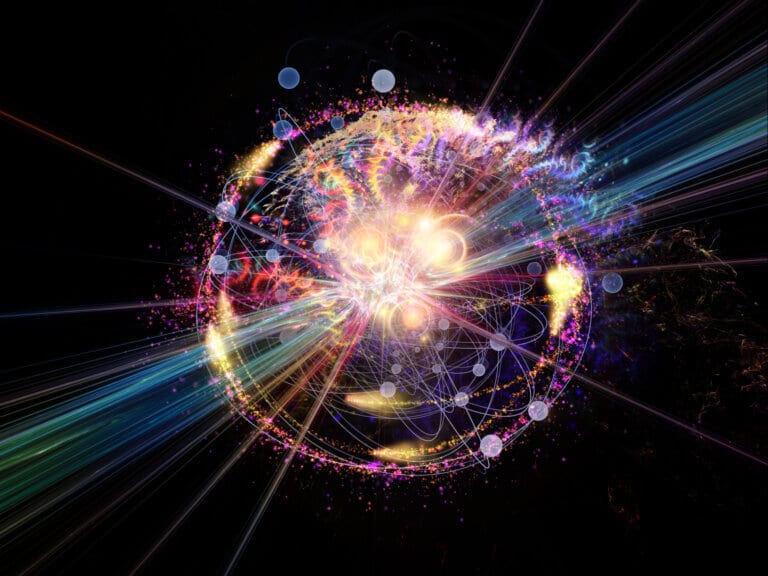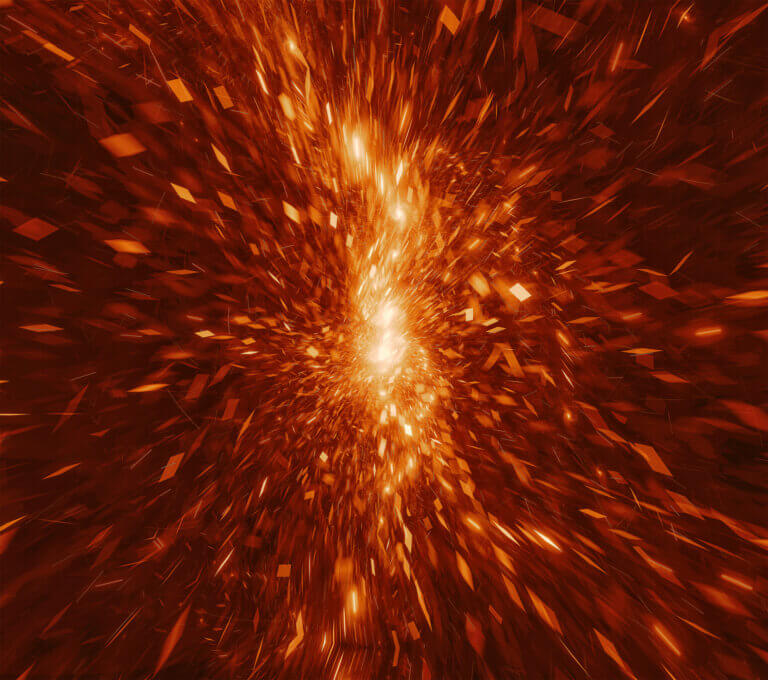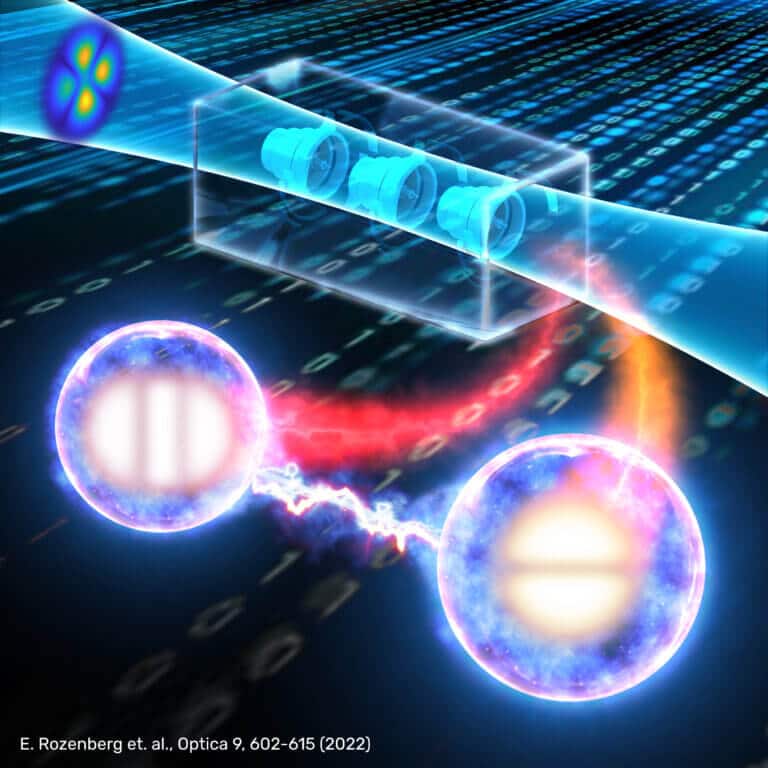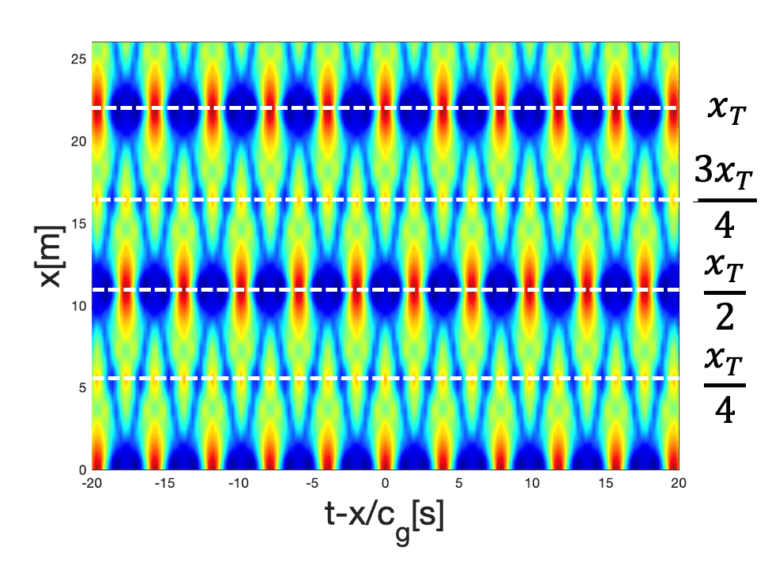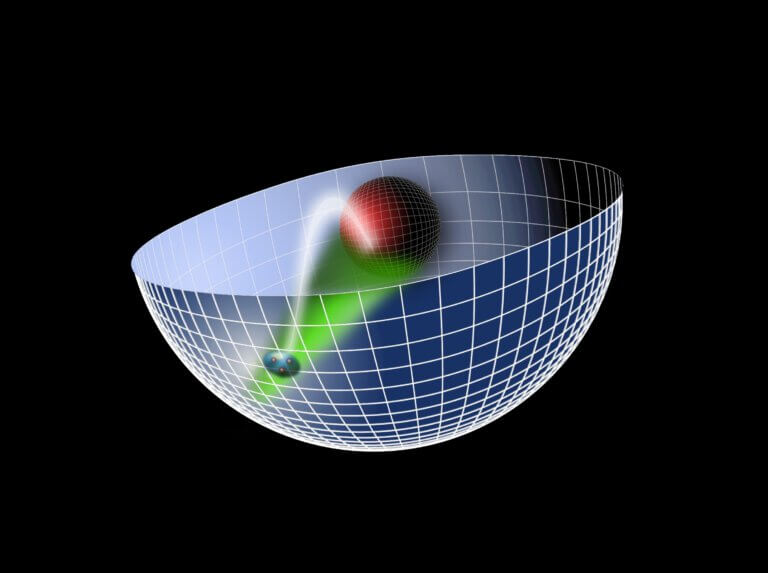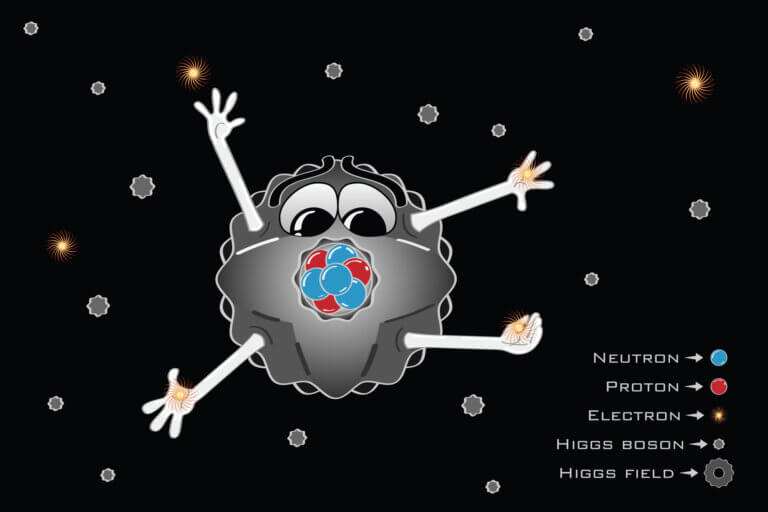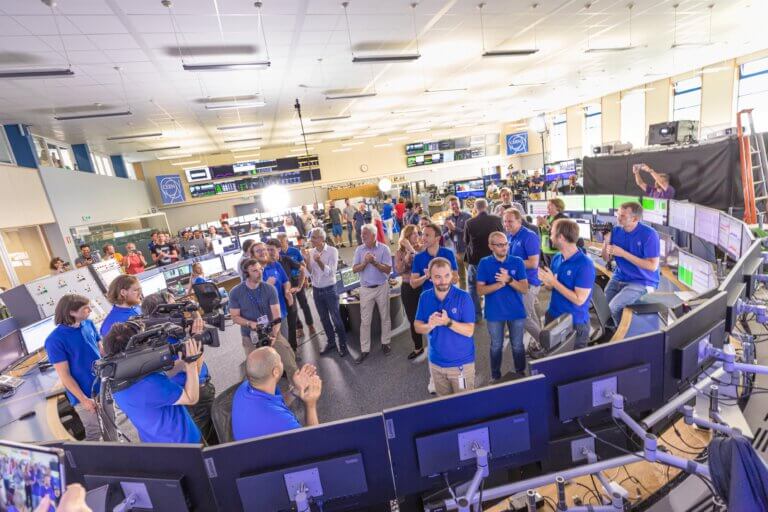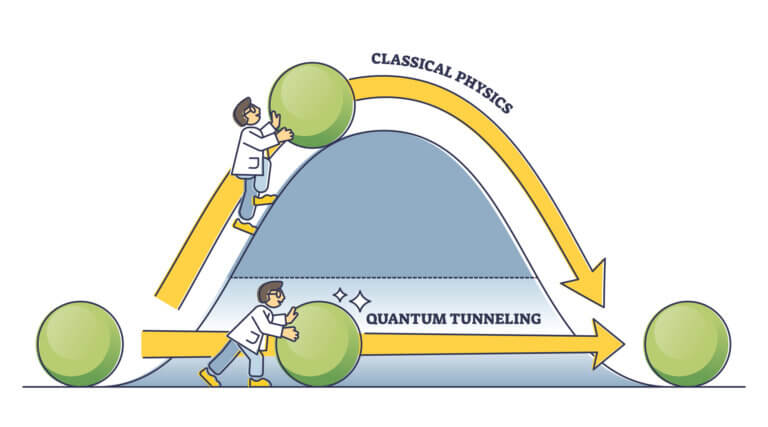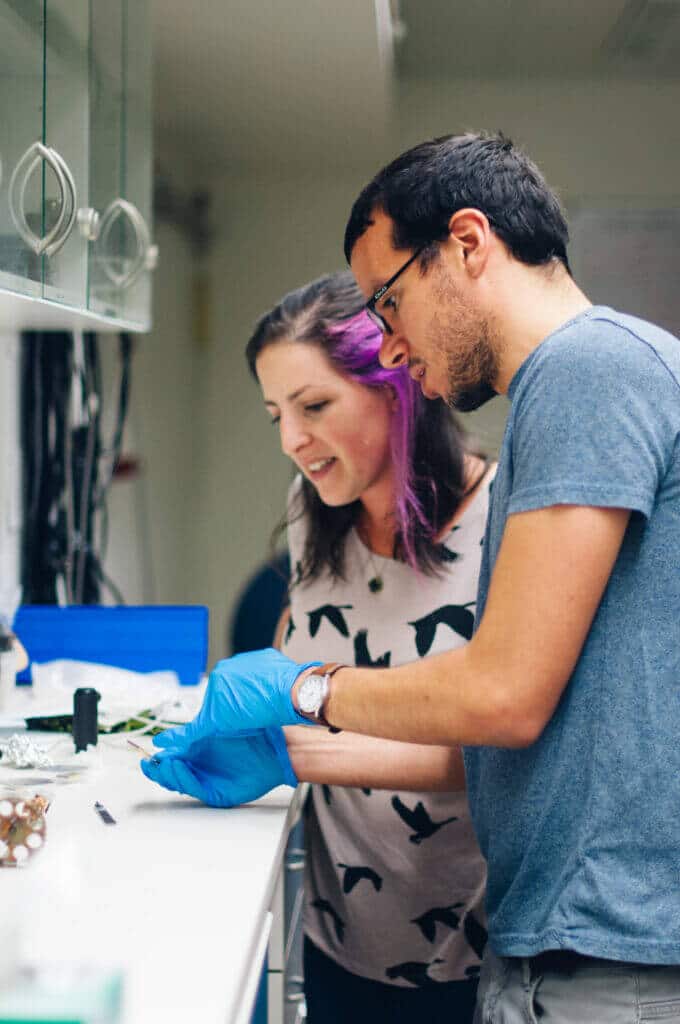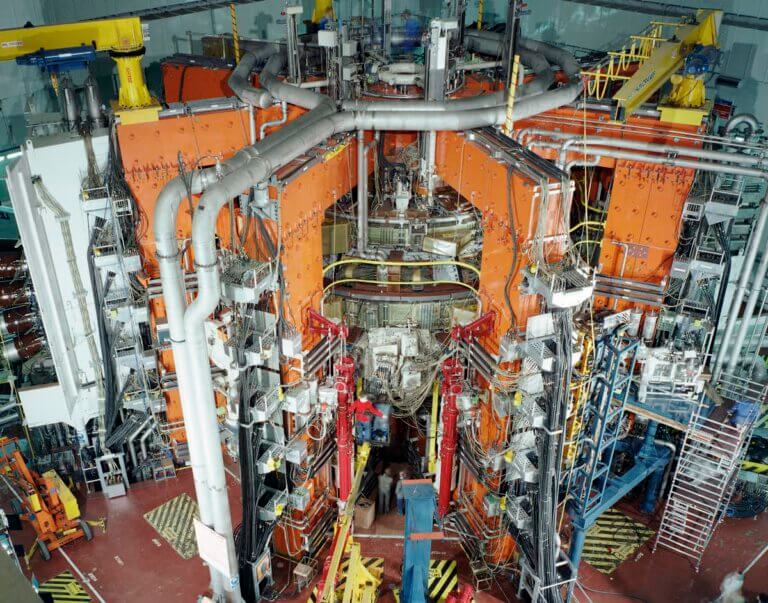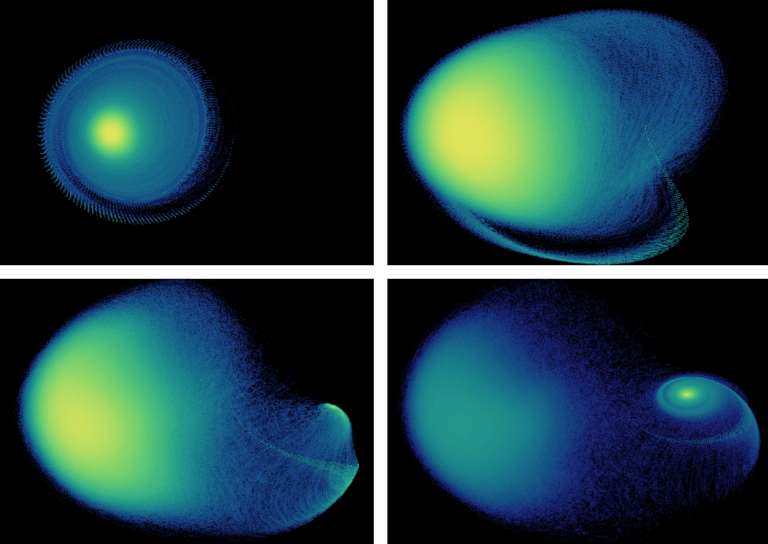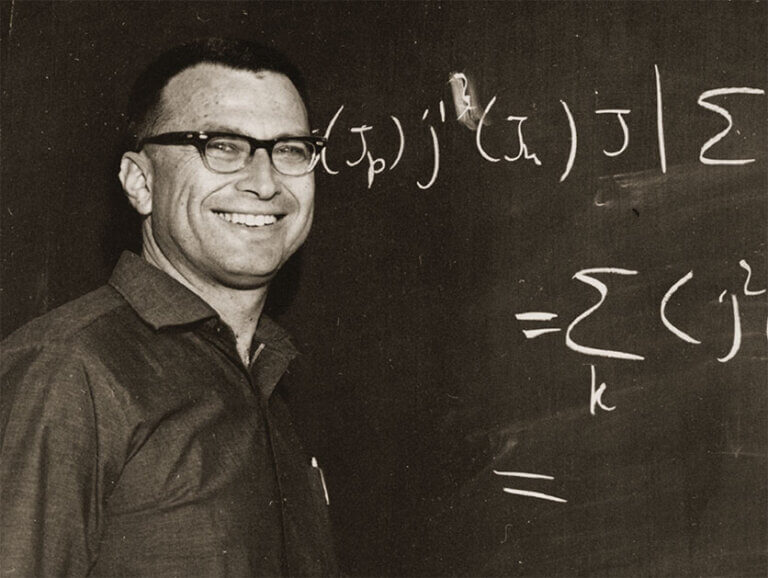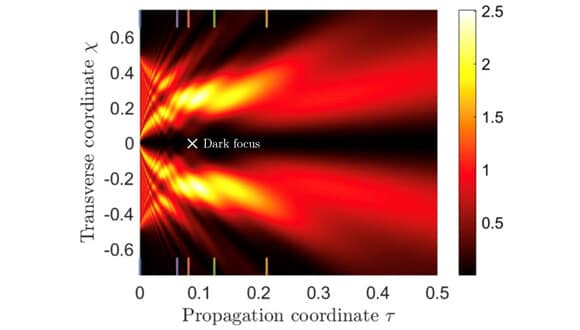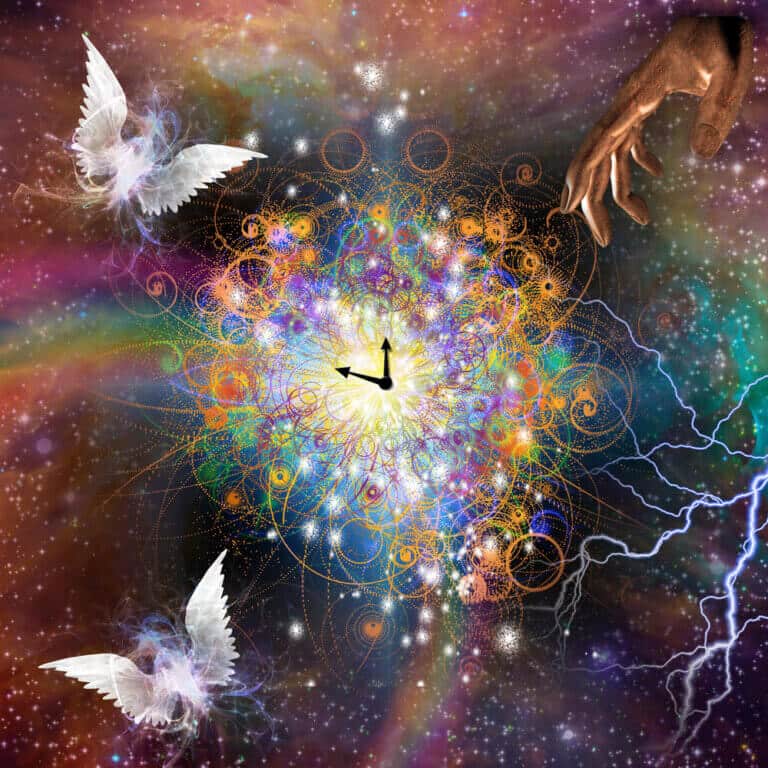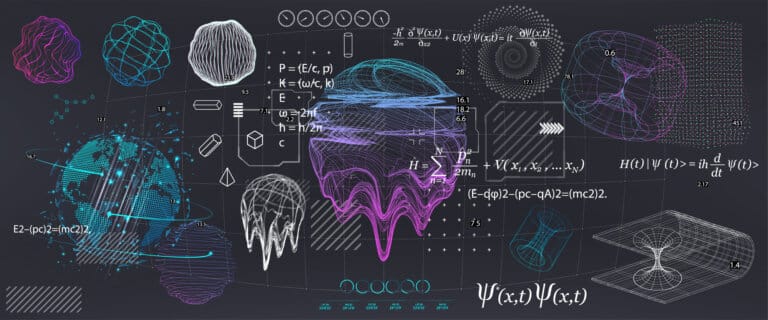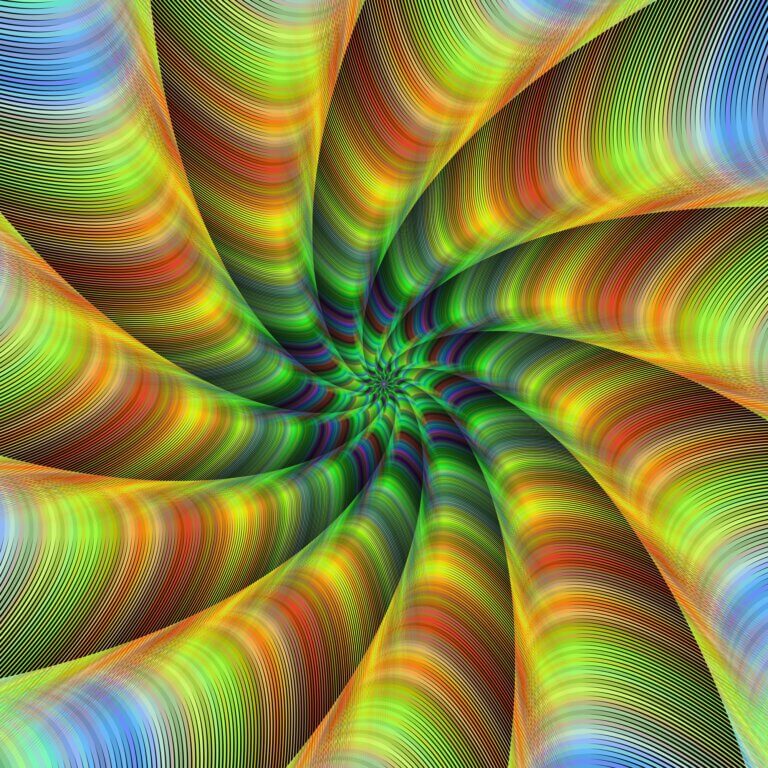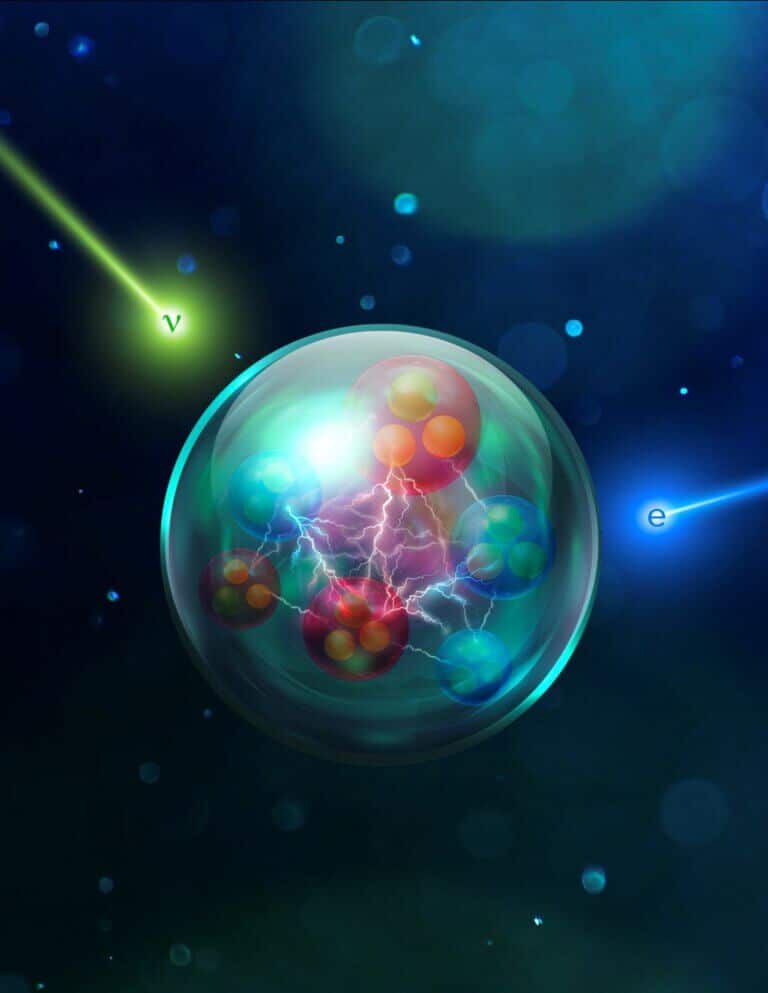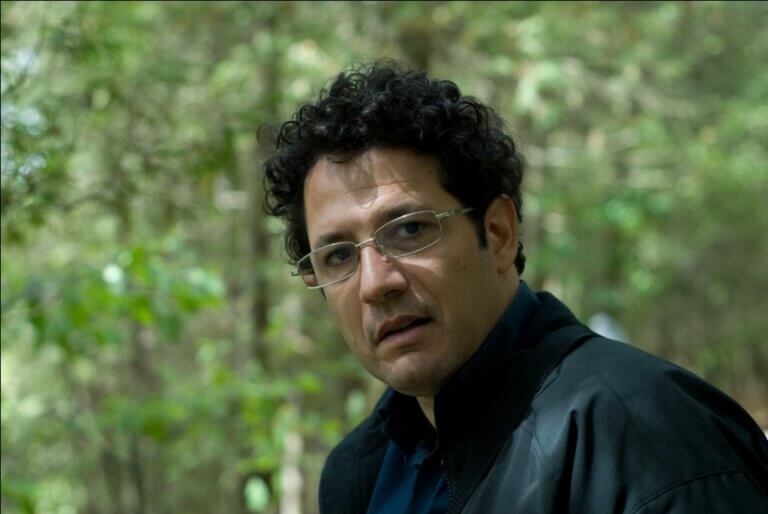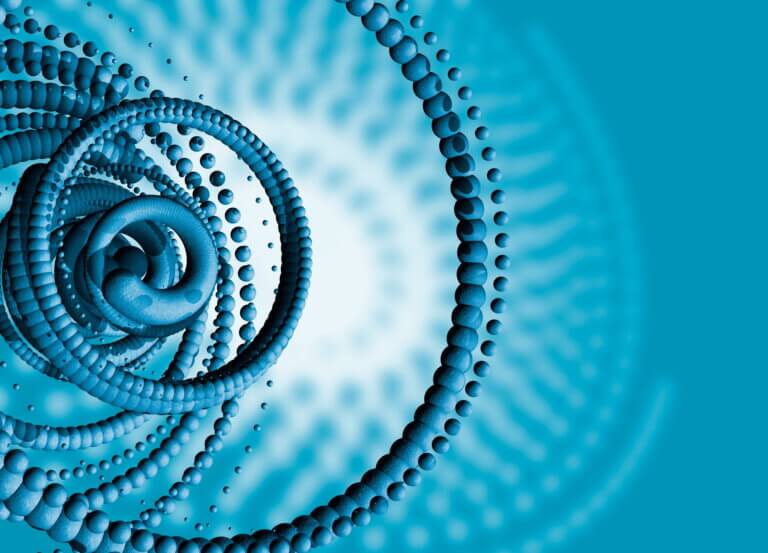Hayadan > Computing and technology > exact sciences > Quantum physics > Page 2
Quantum physics
- Noam Chai
- October 12, 2022
- One response
The lecture will be free. The date of the lecture will be announced, those interested are invited to register
- Noam Chai
- October 8, 2022
- 8 תגובות
Inspired by the winners of the 2022 Nobel Prize in Physics, we will discuss Bell's theorem without introducing formulas and inequalities. In this article we will illustrate how experiments with entangled particles contradict the assumption that there are hidden variables and that quantum mechanics is indeed reliable.
- Avi Blizovsky
- October 4, 2022
- 3 תגובות
- Avi Blizovsky
- September 16, 2022
- One response
During the visit of the Minister of Innovation, Orit Farkash HaCohen to the USA, she meets with senior officials and businessmen in order to strengthen the technological cooperation between the countries - after the Jerusalem Declaration. And collaborations in the field of quantum between countries are not common, given the far-reaching strategic implications of this field
- Avi Blizovsky
- September 11, 2022
- 5 תגובות
On Richard Feynman's alternative formalism for time-dependent quantum mechanics - and the classical approximations that make it convenient for implementation in physics and theoretical chemistry
- Noam Chai
- September 1, 2022
- 31 תגובות
A group of researchers from Nanjing University and the University of Science and Technology of China developed an experiment that tested a model for dark energy. The results of the experiment ruled out the model in question that predicted a fundamental fifth force in nature.
- Tel Aviv University
- August 23, 2022
- No comments
Researchers from the Technion and Tel Aviv University have developed an innovative method to engineer quantum entanglement in a crystal, using computational learning tools
- Nir Lahav
- July 29, 2022
- 7 תגובות
A new article did an interesting experiment related to quantum theory and the study of consciousness. The results show that one of the well-known theories that claims that consciousness is created as a result of quantum measurement, is probably not true.
- Tel Aviv University
- July 23, 2022
- Noam Chai
- July 21, 2022
- 24 תגובות
Physicist Hikida from the University of Tokyo and his colleagues developed the dual model for Einstein's theory of gravity in three-dimensional de Sitter space. This is a significant step towards a model that will faithfully describe nature, i.e. the physics of quantum gravity under an expanding universe with a positive cosmological constant.
- Noam Chai
- July 7, 2022
- 3 תגובות
The new launch of the hadron accelerator in Geneva marks a decade since the discovery of the Higgs and opens a new decade of equally fascinating research. In this article we will review what we discovered and what questions remain open.
- Avi Blizovsky
- July 6, 2022
- One response
In the third run, the particles will be bombarded with an energy intensity of 13.6 TeV, which may help to better understand the properties of the Higgs boson and its interaction with matter, and perhaps also discover clues about dark matter
- Noam Chai
- May 22, 2022
- 4 תגובות
The human DNA molecule contains about three billion bases and replicates every day about two trillion times. For the cellular structure to be preserved, the replication process must be incredibly precise, but at the same time, the appearance of mutations shows that the process is not immune to errors. With the help of computer simulations, physicists and chemists from the University of Surrey In England they showed that errors in replication may occur due to quantum tunneling.
- The Voice of Science website - the Israel National Science Foundation
- May 19, 2022
- One response
Artificial particles, superfluid and supersolid will be characterized by the flow of electrons with zero friction, at relatively high temperatures
- Science site The Conversation
- April 19, 2022
- 3 תגובות
Nuclear fusion reaches a milestone thanks to better reactor walls - this engineering development leads to the reactors of the future, say researchers following a successful UK experiment
- Tel Aviv University
- March 24, 2022
Researchers have cracked the scientific mystery of the formation of sea waves using a theoretical model
- Ben-Gurion University
- March 17, 2022
- No comments
Physicists at Ben-Gurion University are the first to try to understand the properties of chaos using a quantum chip. They mobilized light particles to simulate chaos and were able to predict correlations that indicate it
- Weizmann Institute
- March 11, 2022
The butterfly hunter from the Jezreel Valley dreamed of studying biology, until he came across an old physics book and discovered that natural phenomena can be calculated with mathematical tools
- Tel Aviv University
- March 1, 2022
Researchers have proven that darkness can be focused just as light can be focused
- Avi Blizovsky
- December 21, 2021
- No comments
On the occasion of the winter solstice, which began today, Dr. Nadia Goldovski - the person in charge of time and frequency measurements at the National Physics Laboratory at the Ministry of Economy and Industry, explains in an interview to the science website how the time is set in her laboratory using atomic clocks
- The Hebrew University
- December 16, 2021
- No comments
The award was awarded to researcher Dr. Shlomi Kotler from the Hebrew University by the British Association of Physicists for his research on quantum entanglement
- Weizmann Institute
- December 2, 2021
The institute's scientists and their research partners from the Technion and Tel Aviv University have for the first time created mixed beams of individual atoms
- Tel Aviv University
- November 29, 2021
- No comments
The experiment, with the participation of nearly 200 physicists from different countries, was conducted at the Fermilab National Laboratory in the United States. The team of experts from Israel included two research groups, Dr. Adi Ashkenazi and Prof. Eli Pisatsky from the School of Physics and Astronomy at Tel Aviv University
- Avi Blizovsky
- November 9, 2021
- No comments
Atomtronics, a field that focuses on finding ways to transfer whole atoms instead of electrons as in traditional electronic devices is still in its infancy, but has the ability to open a new direction of technological innovations
- Avi Blizovsky
- November 3, 2021
- No comments
An Illinois Tech physicist has a hand in groundbreaking findings in the search for new neutrino particles in the universe

